
Metropolitan Hilarion walking to the Synod (far left), Father Hyacinthe Destivelle, OP, the Vatican official in charge of the dialogue with the Russian Orthodox, and, in the middle background, Hilarion’s aide, Rev. Alexy Dikarev.
The “foreign minister” of the Russian Orthodox Church, Metropolitan Hilarion of Moscow, addressed the Synod on October 16, calling for common efforts to defend the family. The next day, he met with Pope Francis privately for about one hour, and also met with Cardinal Parolin.
On October 16, the “foreign minister” of the Russian Orthodox Church, Metropolitan Hilarion Alfeyev, addressed the Synod on the Family, calling for “an alliance” with Catholics and other Christians to defend the traditional family against the attacks threatening it today.
“The time has come for Christians to join efforts and come out as a united front for the noble goal of protecting the family when confronted by the challenges of the secular world for the sake of preserving the future of civilization,” Hilarion said. “It is the field in which our alliance may become really needed.”
He also noted other areas where the Orthodox and Catholic Churches may fruitfully collaborate, especially to defend the Christians of the Middle East.
“We can do much together, also for the protection of the Christians who have become today victims of persecution. In Iraq and Syria and in a number of other countries in the Middle East and Africa, Christians are subjected to genocide,” he said. “We should do all that depends on us to stop the killing of Christians, to stop their mass exodus from the places where they have lived for centuries, to draw the attention of the whole world community to their calamitous state.”
He summed up: “It is essential not to confine ourselves to noble appeals, but to press in every possible way for the legal protection of the family.”
Concerning the controversial issue of Christians who marry, divorce, and remarry, Hilarion said: “The Orthodox Church consistently proclaims the ideal of the one and only marital union concluded once and for all. At the same time, conceding the weakness of human nature, in exceptional cases the Orthodox Church allows for a new Church marriage in the instance of the breakup of the first marriage. In this our Church follows the principle of oikonomia, guided as she is by the love of the sinner who is not to be deprived of the means of salvation. In today’s world, in which the strict observance of the Church ordinances becomes increasingly rare, the practice of oikonomia, which has existed in Orthodoxy throughout the centuries, may become a valuable experience in settling the pastoral problems of the family.”
Hilarion then raised eyebrows, using the occasion of his remarks to the Synod to raise an issue having nothing to do with the Synod’s focus: the issue of the Eastern-rite Catholic Churches (especially the Ukrainian Greek Catholic Church).
“I would like to digress from the forum’s topics and to touch upon an issue that has become today a stumbling block in the relations between the Orthodox and the Catholic Churches,” Hilarion said. “It is the problem of Uniatism which has become once again more acute as a result of the recent events in Ukraine. Regrettably, the conflict in that country, which has already taken the lives of thousands, from the very beginning has acquired a religious dimension. A significant role in its conception and development has been played by the Ukrainian Greek Catholic Church. From the very first days of the conflict, the Greek Catholics identified with one of the sides of the confrontation. Contrary to the respect for canonical norms prevailing in relations between the Catholic Church and the Orthodox Church, the Greek Catholics have entered into active cooperation with the Orthodox schismatic groups.”
He concluded: “On behalf of the Russian Orthodox Church, I would like to address the representatives of the Ukrainian Greek Catholic Church present in this hall with an appeal to renounce any statements on political topics and any visible forms of support of the schism as well as calls to create ‘one Local Church of Ukraine.’ For standing behind this call is a simple truth, the wish to tear away the Orthodox faithful in Ukraine from their Mother Church, the Moscow Patriarchate, with which Ukraine has been bound by age-old blood ties.” It is not yet clear what effect Hilarion’s appeal will have.
The following day, Hilarion met with Pope Francis for an unexpectedly long time: one hour. The two discussed the dramatic situations in Ukraine and in the Middle East. Also that day, Hilarion met with Cardinal Pietro Parolin, the Secretary of State of the Holy See, as well as with Cardinal Kurt Koch, President of the Pontifical Council for Promoting Christian Unity.

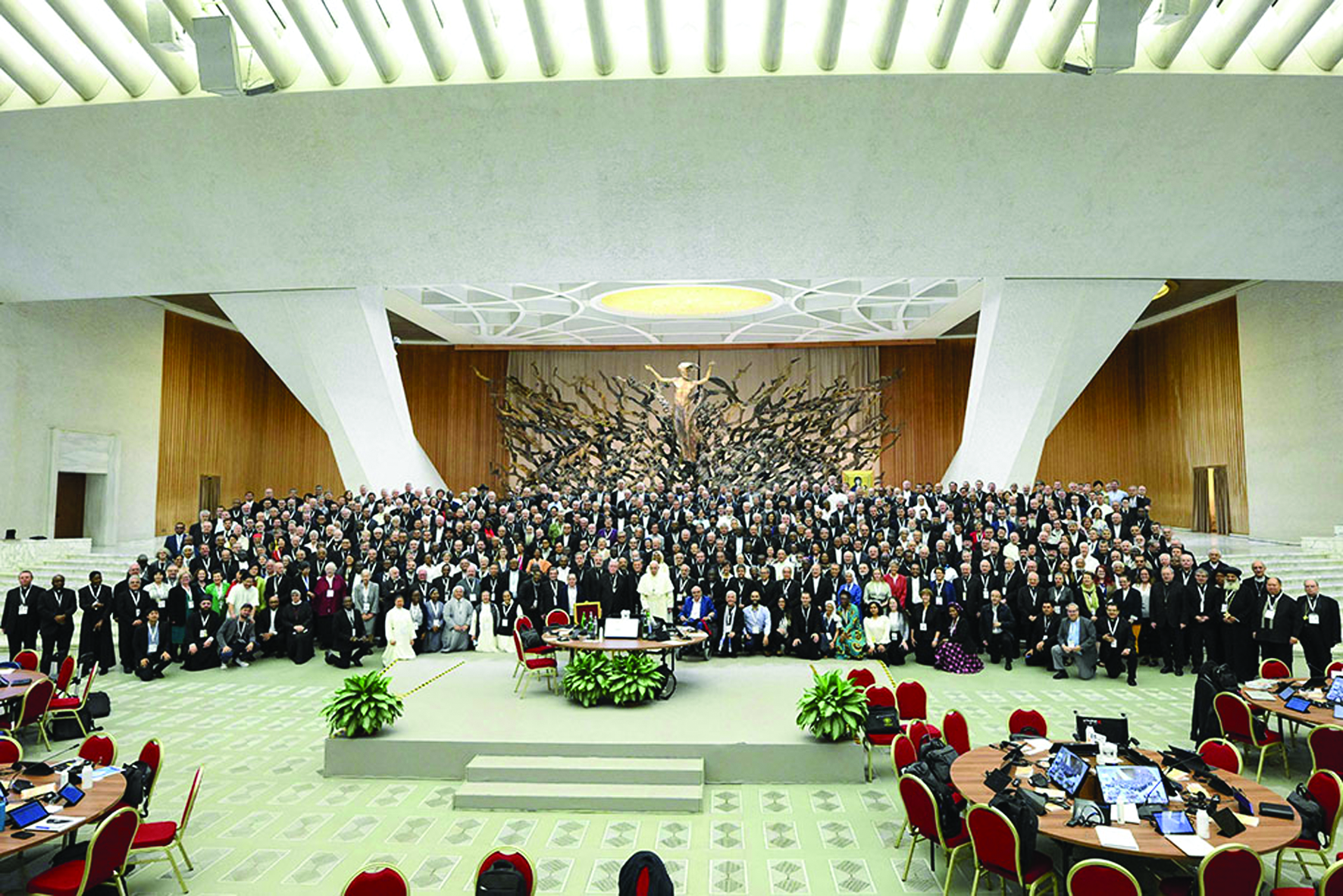
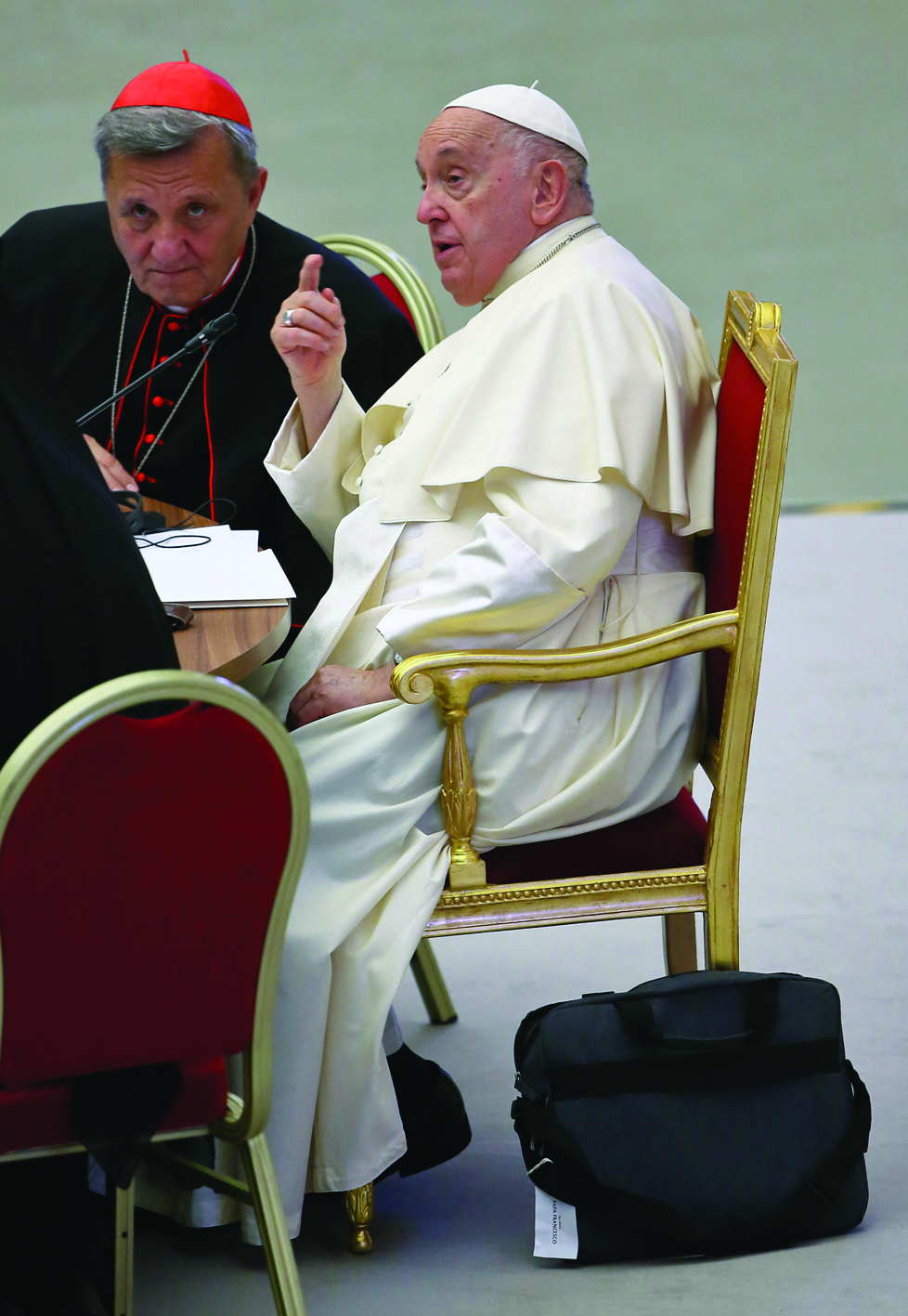
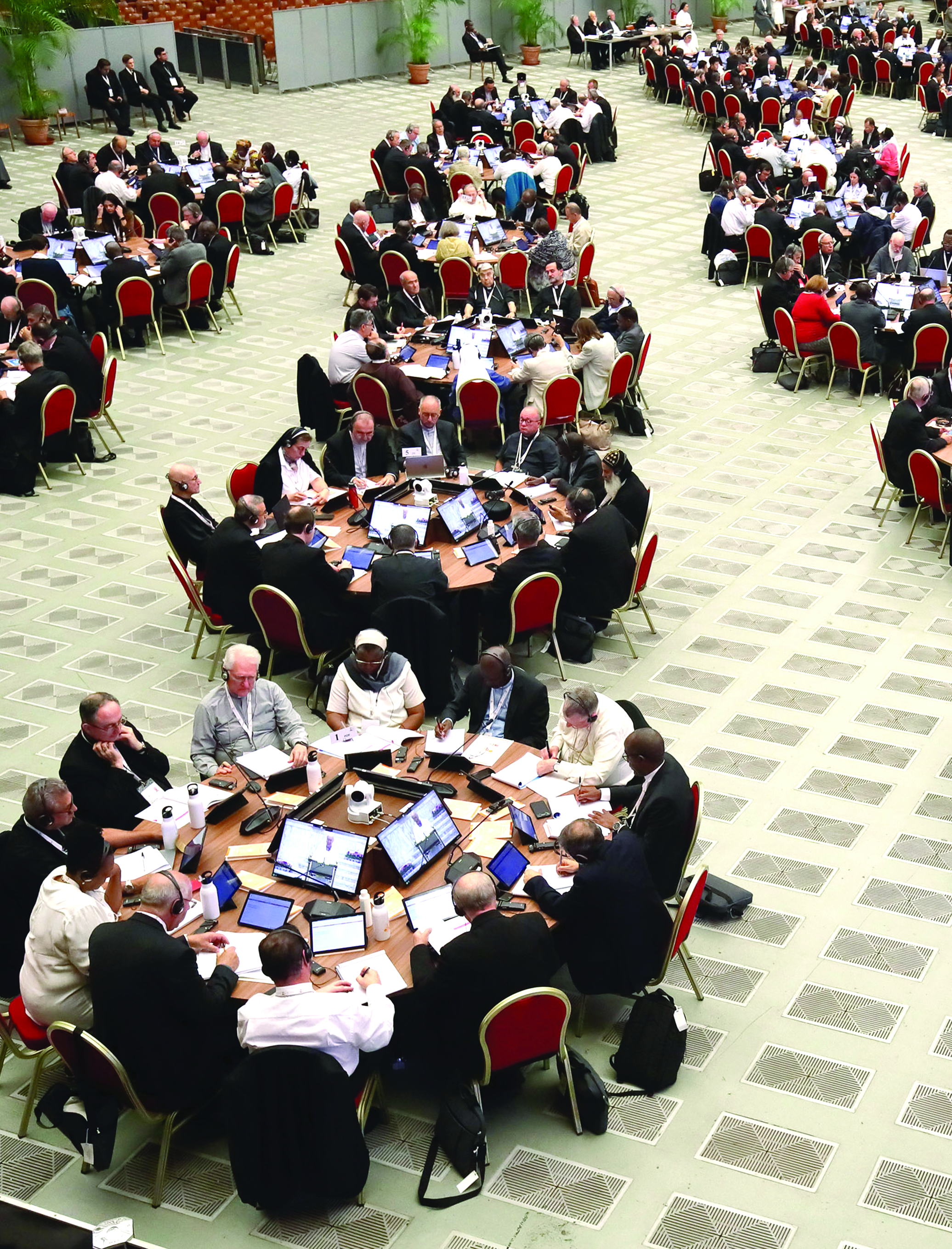
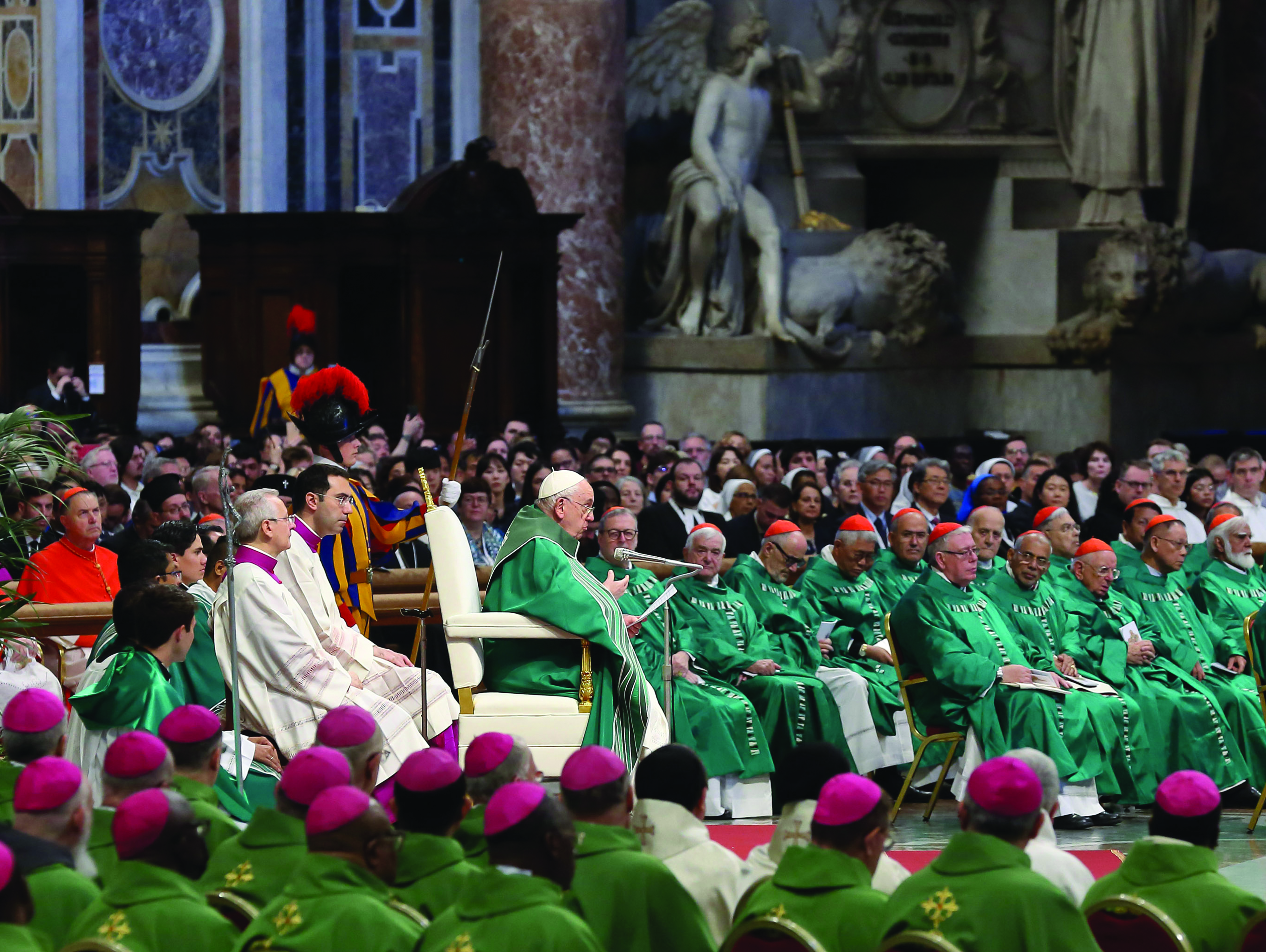
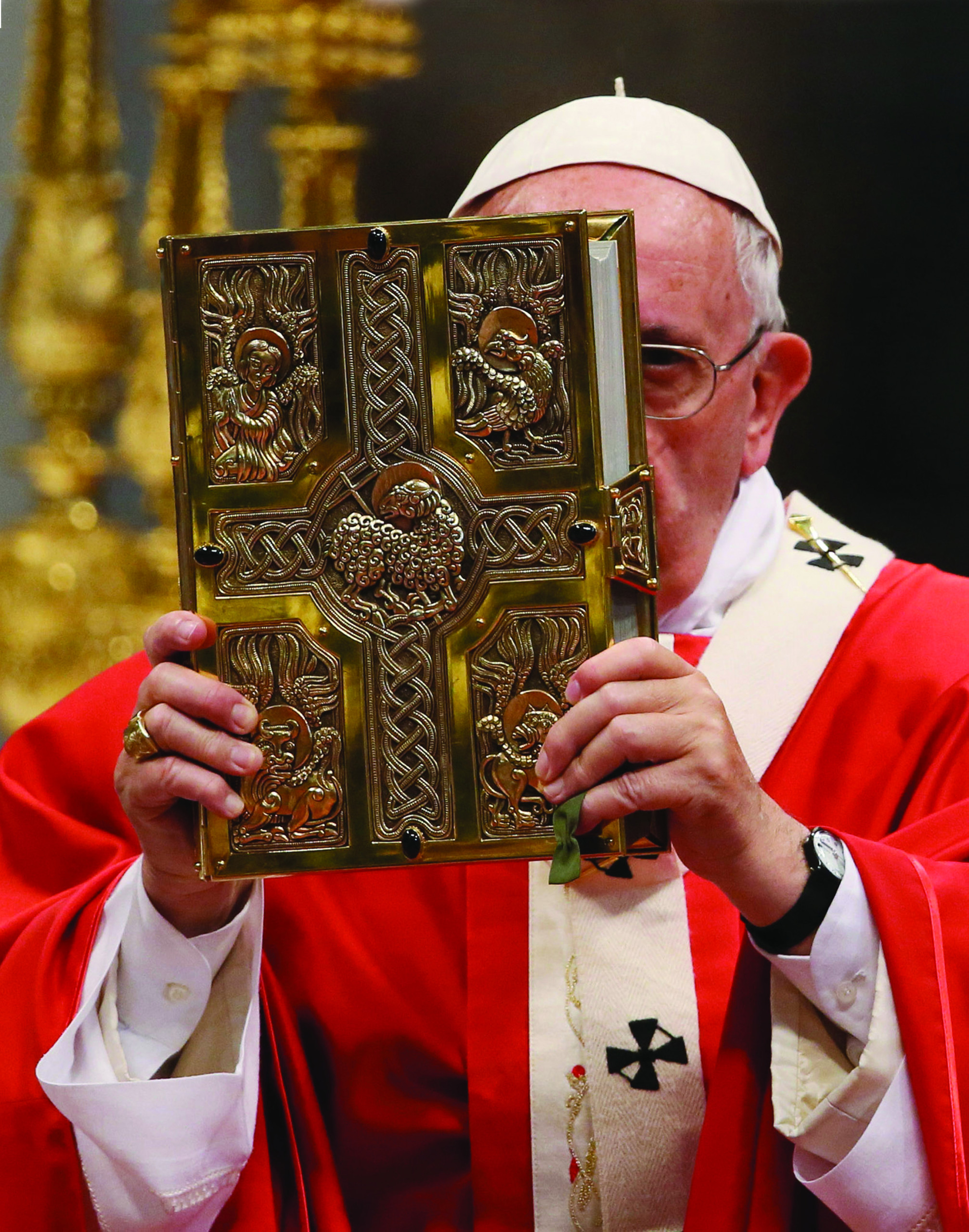
Facebook Comments